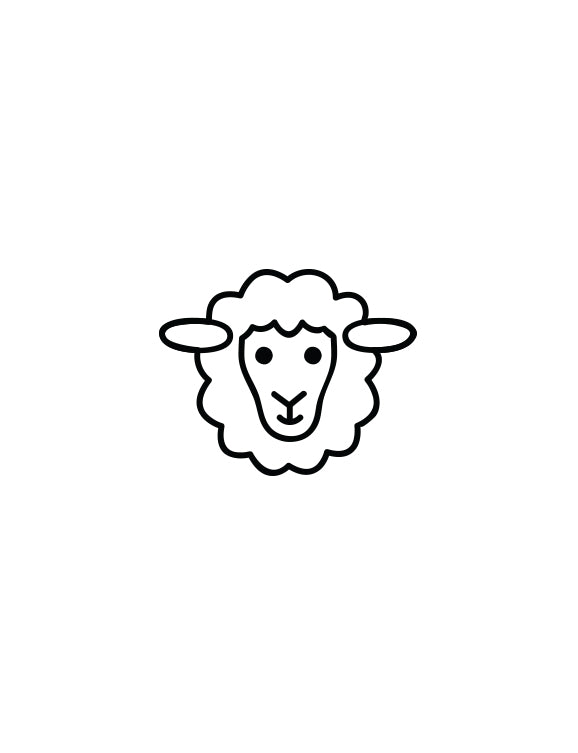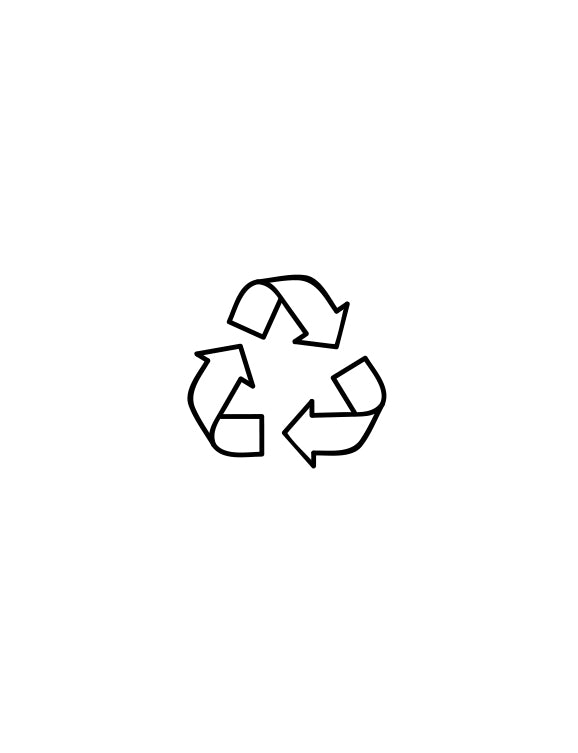
For us, it is vital that we give back what we take by looking at fashion as part of the circular economy. It’s based on the principles of designing out waste and pollution, keeping products and materials in use, and regenerating natural systems. We aim to eliminate waste by designing with longevity ensuring the garment remains in perpetual cycles of use and reuse.
A garment’s life cycle begins with the fibre or crop it’s made from. We then consider how and where it’s woven, knitted or tanned into the fabric we use. Knowing the provenance of the materials we use has never been so important and we consider every element to create kinder clothing.
Find out more about Our Fabrics
In order to allow you to make an informed choice, we offer insights into the sustainable attributes for each item in our collection.

Made in Europe
Products with this certification are solely Made in Europe. The total distance travelled as a garment is greatly reduced compared to production in countries further away. This minimises the carbon footprint in order to minimise our impact on the planet

Ethically made
Garments that are ethically made have come from factories that have signed our code of conduct ensuring the highest ethical standards are met. These include living wages, safe conditions, regulated working hours and strictly no child labour.
Low impact
Fabrics that are given a Low Impact status, are those in which the fibres have low water consumption, low green house gas emissions and a smaller environmental footprint overall. When talking about greenhouse gases we’re mostly referring to carbon dioxide as its most important for our supply chain. It is to be used as a guide to making greener choices.
Raw Material Traced
Our natural raw materials such as organic cotton, wool and leather have full visibility back to the farm and region they originated from. For synthetic raw materials such as polyester, elastane and polyamide, we have full visibility back to the factory and region where they were originally created.

Mulesing free
The practice of mulesing is an unnecessary and painful process for sheep. Therefore we only work with mills that source their wool from mulesing free suppliers

Natural Fibres
Natural fibres are materials made from naturally occurring substances produced by plants and animals and they are biodegradable

Recycled Materials
Recycled materials from old garments, scrap fabrics and plastic waste have been used in the production of the garment
Organic
Organic means that the clothing is made from raw materials raised or grown in compliance with organic agricultural standards. Organic clothing may be composed of cotton, hemp, ramboo, ramie, wool, as well as other natural fibres. Textiles with this credential require a certification in agricultural standards such as OCS for organic cotton
Upcycled
Upcycling means making new garments by using left-over fabric waste (also called deadstock). It gives a new life to existing materials, reduces need for new materials and reduces waste. For an item in our collection to get the “Upcycled” attribute the fabric must have been sitting in warehouse for at least 2 years
Low Carbon
We use Higg tools to estimate how much Carbon is emitted from each of our garments throughout its journey through the supply chain. The Low Carbon credential is granted to products when the
material has a carbon footprint lower than 15kg CO2e
Low water use
We use Higg tools to estimate how much Water is used in the marking of each of our garments throughout its journey in supply chain. The Low Water Use credential is granted to products when the material has a water footprint lower than 13 cubic metres
